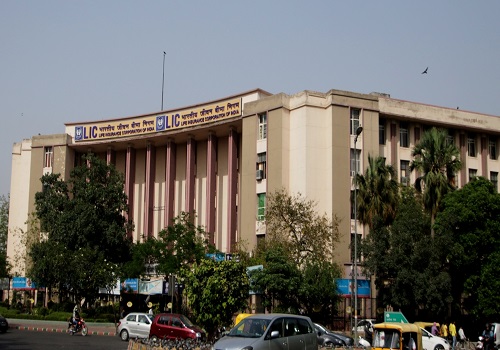Altering surplus sharing ratio would make LIC a new company

Follow us Now on Telegram ! Get daily 10 - 12 important updates on Business, Finance and Investment. Join our Telegram Channel
The 64-year-old Life Insurance Corporation of India (LIC) can become a new company for a new set of policyholders if its surplus sharing ratio is changed, said industry experts.
They also said the change in with-profit policy surplus sharing ratio would not only result in technical problems for the LIC but also affect its brand image, new business premium income, market price of the share and other things at least for a short period of time.
"Even though the Sec 28 of the LIC Act has been amended changing the surplus sharing formula to 90:10, LIC continues with the old ratio of 95:5," Shreekant Mishra, General Secretary, All India Insurance Employees Association (AIIEA) told IANS.
The with-profit policy portfolio surplus sharing ratio for private life insurers is 90:10.
The central government has decided to divest 49 per cent stakes in LIC in a gradual manner.
The work relating to the disinvestment of LIC has started.
Speaking to IANS R.Ramakrishnan, a Member of the Malhotra Committee on Insurance Reforms said LIC has to honour its commitment to policyholders who had bought their policies when the surplus sharing formula was 95:5.
According to him, if the policyholder surplus is reduced by LIC then there will be two sets of policyholders - those with 95 per cent share (closed group) and those less than 95 per cent share (new or open group).
"The LIC has to maintain two sets of funds, one for the closed group and the other for the new/open group. The shareholder's surplus is different for both the groups," Ramakrishnan, now a consulting actuary after retiring as Chief Actuary of LIC.
"The management did not give any response when the issue of maintaining two fund accounts was raised by us," Mishra said.
For arriving at the surpluses, the value of assets for each group has to be kept separately.
So, for the new/open group, LIC will be like a new company and the policyholders may not get any bonus during the initial years, Ramakrishnan said.
It will take some years for the rate of bonus to be comparable for the policyholders of the closed group.
"This will blunt the competitive edge of LIC in procuring new business as against the private players," Ramakrishnan said.
According to him, the cascading effect will be on the government's plans of future disinvestments and the annual dividend will also go down.
The one option for LIC is to go for gradual change while allowing the majority of with-profit policies to run off.
"Once disinvestment happens, then the focus of the company will be on maximizing returns for the shareholders. Hence LIC may discourage selling with-profit policies," Mishra said.
"From policyholder focus it will become shareholder focus," he added.












 320-x-100_uti_gold.jpg" alt="Advertisement">
320-x-100_uti_gold.jpg" alt="Advertisement">












